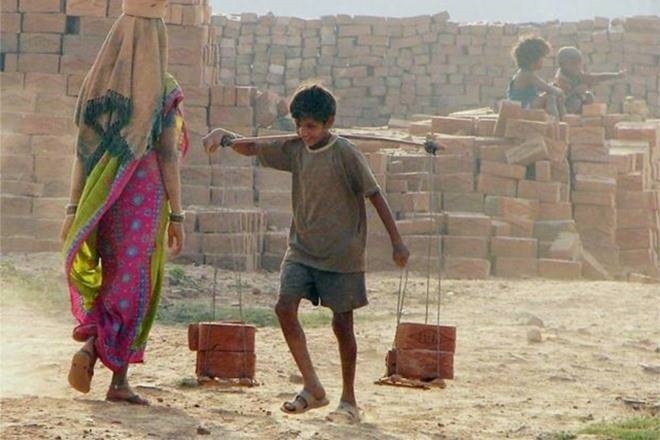Childhood stunting is one of the key barriers to human development, affecting about 162 million children under five years of age across the world—of this, South Asia (India included) is home to 62 million. As per a World Bank Blogs post by Ashi Kathuria, one of the biggest challenge in South Asia is that children don’t receive the adequate diet in their first two years—just 12% receive “the minimally acceptable diet”. One of the factors behind this is also that exclusive breast-feeding in the first six months of birth has had very slow progress—it improved by just 5 percentage points across South Asia.
Towards curbing childhood stunting, India’s progress in improving sanitation access and reducing open defecation is remarkable. But, exclusive breastfeeding remains an area of concern. While just 25% of Indian children receive minimally acceptable diet, universalised breastfeeding could cause child deaths to fall by an estimated 156,000 annually and reduce respiratory infections and diarrhoea by 3,436,560 cases and 3,900,000 cases annually. The need is to ensure that nursing mothers get adequate nutrition themselves and time to fulfil their nursing function.
While women in formal employment are guaranteed six months of maternity leave, the bulk of the female workforce is in the informal sector. Women in informal jobs further face vulnerabilities in terms of lower access to resources and services, Kathuria points out. The government must, thus, ensure its schemes on improving infant and maternal health target women in the informal sector, with support for nutrition and nursing at their workplaces. Though, given the nature of informal employment, this could pose a significant challenge, the gain for realising the country’s human resource potential are enormous.

